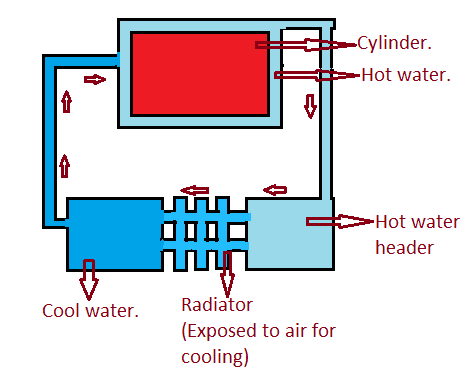The pros of an electric vehicle include: low operating costs, zero emissions, high efficiency, low noise pollution, energy security, cost savings, tax incentives, convenient charging, good performance, battery range, smart technology features. The cons of an electric vehicle include: limited driving range, lack of charging infrastructure, high initial cost, long charging times, battery degradation, limited model availability, cold weather impact, limited recycling infrastructure, dependence on electricity, and heavy weight.
Pros of an Electric Vehicle
Electric vehicles (EVs) have several advantages over traditional gasoline-powered vehicles, including:
- Low Operating Costs: EVs have significantly lower operating costs compared to traditional gasoline-powered vehicles. The cost of electricity is typically lower than the cost of gasoline, and EVs have fewer moving parts, which means that maintenance and repair costs are also lower.
- Zero Emissions: EVs produce zero emissions at the tailpipe, which means they have a much lower environmental impact compared to traditional gasoline-powered vehicles.
- High Efficiency: EVs are highly efficient and convert about 60-70% of the energy stored in their batteries to power the vehicle, while internal combustion engines (ICE) typically convert only 20-30% of the energy stored in gasoline to power the vehicle.
- Low Noise Pollution: EVs are much quieter than traditional gasoline-powered vehicles, which helps to reduce noise pollution in cities and other populated areas.
- Energy Security: EVs can help to reduce dependence on foreign oil, and as more renewable energy sources such as solar and wind power are integrated into the grid, EVs will be able to run on cleaner and more sustainable energy.
- Cost Savings: As the technology of electric vehicles improves, the cost of the batteries and other components will decrease, making EVs more affordable for consumers.
- Tax incentives: many governments are providing tax incentives to promote the use of electric vehicles, which can help to reduce the overall cost of ownership.
- Convenient charging: with the development of public charging infrastructure and home charging options, it’s becoming more convenient for EV owners to charge their vehicles, where ever they are.
- Performance: Many electric vehicles offer smooth and instant torque, resulting in a more responsive and enjoyable driving experience. EVs also have the ability to deliver high levels of torque from a standstill, which makes them more capable of accelerating quickly and smoothly.
- Battery range: Electric vehicles are available with a range of battery sizes, which gives consumers the ability to choose a vehicle that meets their driving needs. Furthermore, with the rapid development of battery technology, EVs are getting longer range between charges.
- Smart technology: Many electric vehicles come equipped with smart technology features such as GPS navigation, remote monitoring and control, and energy management systems that can help drivers maximize the efficiency and range of their vehicles.
It’s worth noting that electric vehicles still have some drawbacks, such as a limited driving range and the need for charging infrastructure, but as technology and infrastructure continue to improve, the advantages of electric vehicles are becoming more pronounced.
Cons of an Electric Vehicle?
Electric vehicles (EVs) have several disadvantages compared to traditional gasoline-powered vehicles, including:
- Limited Driving Range: The driving range of most EVs is still limited compared to traditional gasoline-powered vehicles, which can make it difficult for some drivers to travel long distances.
- Charging Infrastructure: While the charging infrastructure for EVs is rapidly improving, it is not yet as widespread as gasoline stations, which can make it difficult for some drivers to find a place to charge their vehicles.
- High Initial Cost: The initial cost of an EV is still higher than that of a traditional gasoline-powered vehicle, although the cost is decreasing as technology improves.
- Charging Time: Charging an EV can take a significant amount of time, especially if using a standard 120V outlet. While Level 2 charging stations can charge an EV much faster, they are not as widely available as gasoline stations.
- Battery Degradation: The battery of an EV has a limited lifespan, and over time its capacity will degrade, which can affect the vehicle’s range and performance.
- Limited Model Availability: There are still fewer models of electric vehicles available to consumers compared to traditional gasoline-powered vehicles.
- Cold Weather Impact: Cold temperatures can significantly affect the range of an EV’s battery, making it less efficient and reducing its range.
- Limited Recycling: At the moment, there is limited recycling infrastructure for EV batteries, which can be a concern for the long-term sustainability of EVs.
- Dependence on electricity: Electric vehicles are dependent on electricity which can be affected by power outages, natural disasters, or other events that disrupt power supply.
- Heavy weight: Electric vehicles are often heavier than traditional gasoline-powered vehicles due to the weight of the batteries. This can affect the vehicle’s performance and increase energy consumption.


